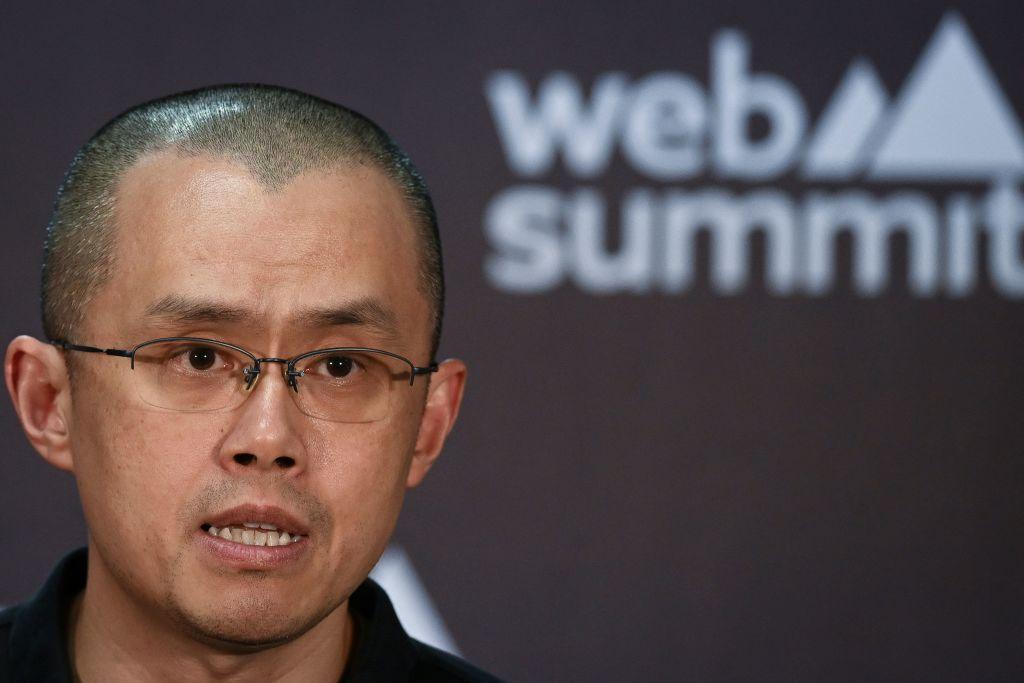After the FTX collapse, Binance co-founder and CEO Changpeng Zhao is grappling with challenges on numerous fronts.
As the industry deals with the high-profile fallout from FTX, billions of dollars are fleeing Binance, one of the world’s largest cryptocurrency exchanges. Further, Zhao has recently come under fire for being responsible for the FTX’s collapse, and he might be asked to return the $2.1 billion payment that Binance received when it sold its stake in FTX in 2019.





